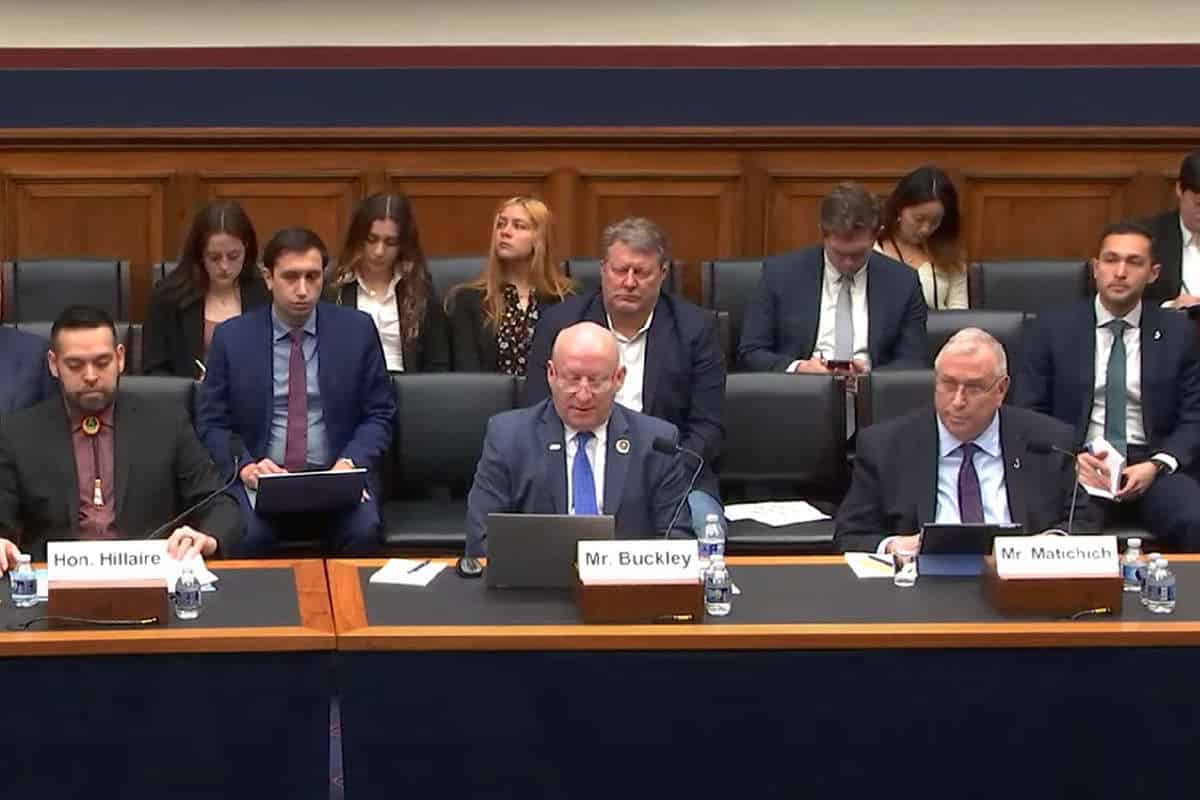The Next Steps — What You Can Do During Congress’ Six-Week Recess

During Congress’ six-week recess in August, NUCA members are encouraged to meet with their representatives to continue pushing the industry’s message forward.
We are now well into the summer and the three major priorities Congress set out at the beginning of the year — healthcare reform, tax reform and an infrastructure package — remain incomplete.
Healthcare Reform remains stuck in the Senate. The Congressional Budget Office (CBO), the organization tasked with measuring the economic impact of legislation, although static, released it’s finding about a discussion draft of the Senate version of healthcare reform. CBO found that the Senate’s draft version would result in 22 million fewer people insured than under Obamacare, and $321 billion in budget savings.
All along, Republicans have counted on the budgetary savings from repealing and replacing Obamacare tax provisions as the spring board into larger tax reform. Their stated goal is to lower the individual and corporate tax rates to become more competitive globally. In order to do that, nearly the entire tax code will need to be streamlined and nearly the entire bevy of deductions and credits will be eliminated in exchange.
From tax reform, Republicans planned to utilize a wider base of tax payers and greater private capital in the hands of individuals and businesses, which would result from lower tax rates, to develop the $1 trillion infrastructure plan President Trump campaigned on.
These three pieces build upon one another, each requiring the previous to complete the later. As a result, the entire time table has been pushed back indefinitely. Remember that the healthcare plan that CBO recently scored was introduced as a working draft, meaning the final legislation will likely contain different components and details. Republican leaders in the Senate can only afford to lose two Republican senators and still pass the legislation, with Vice-President Mike Pence casting the tie-breaking vote. As of press time, six GOP senators have said they cannot support the draft legislation. Senators Ted Cruz (Texas), Mike Lee (Utah) and Rand Paul (Ky.) have said the measure doesn’t go far enough in gutting Obamacare.
Senator Susan Collins of Maine has voiced her opposition saying the version would not fix the fundamental failings of Obamacare. Senator Ron Johnson (Wisc.) objects to the bill on tactical levels arguing that the rush and private negotiations will likely not allow him to provide due diligence needed for support. Senator Dean Heller of Nevada opposes the undoing of Medicare expansion that has allowed more than 200,000 individuals in Nevada to gain coverage. These concerns, as well as the concerns of the remainder of GOP senators, who have previously not made their position public, must be addressed and alleviated in order to move the bill forward. These issues will take time to negotiate and whatever results from these negotiations will still need to be approved by the House, which is currently much more fractured and divided.
In practical terms, this makes finalizing healthcare, and therefore moving on to tax reform, much less likely to happen before Congress takes the six-week August recess.
It also means we will have ample to discuss with our representatives and senators during the recess. NUCA’s Government Relations Department will again be cultivating the August Recess Challenge: a competition of which, chapter or area, can meet with the most members of Congress during the six-week recess. The winner will be awarded a free registration to the 2018 Washington Summit. Further details will be distributed via the Political Insiders newsletter, but the whole point of the challenge is to take advantage of the long opportunity to meet with members of Congress while they are in their districts. Chapter meetings, social events and site visits are just some of the examples of opportunities you have to take advantage of while members of Congress are in your districts.
If we are to be successful at inserting NUCA’s priorities into tax reform and the infrastructure plan, we must take deliberate steps to ensuring members of Congress understand the needs of our industry, the priorities we have developed to improve our industry and how they can help. We cannot expect them to simply understand our issues just because they make perfect sense, are desperately needed and have more benefits than can be listed because that is not how Congress operates. Congress operates from inertia, and when constituents make priorities apparent and obvious, inertia starts making things like legislation introductions, media coverage and Congressional hearings happen.
So far, this year the entire industry has been waiting on Congress to act as Congressional leaders claimed it could and we say it should. We have prepared our priorities, our educational points and our rationale in anticipation of Congress moving forward. Well the time has come to push Congress forward in order for us to have an opportunity to enact meaningful reforms and legislation to better our industry. Remember that next year is an election year and that substantive or controversial legislation rarely moves after June in an election year.
It’s time to grease the skids and start pushing for action.
Will Brown is NUCA’s director of Government Affairs.
Find more Inside Washington articles here. Tags: Congress, NUCA



